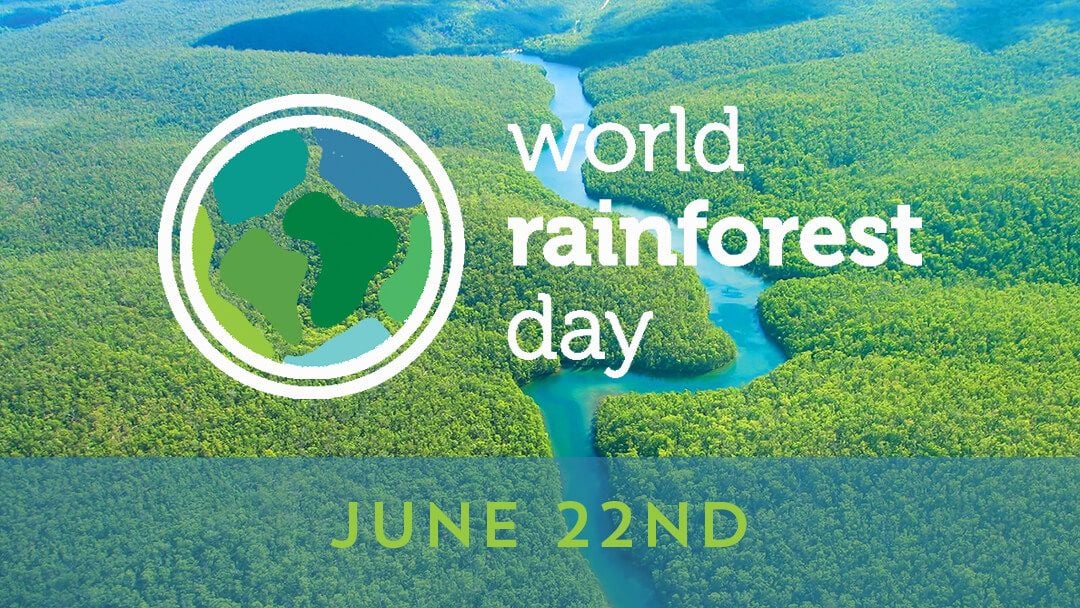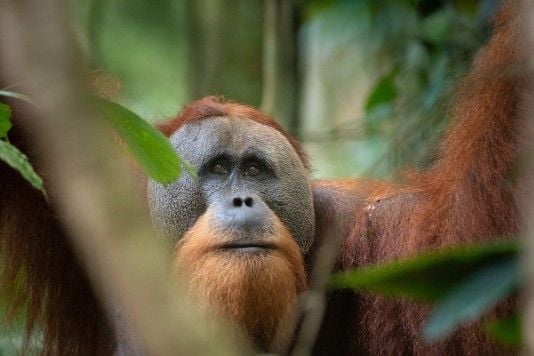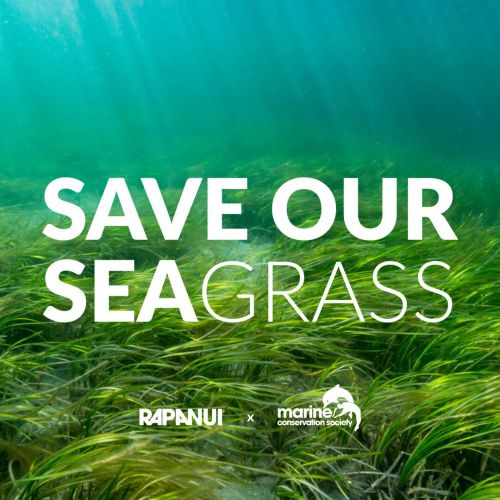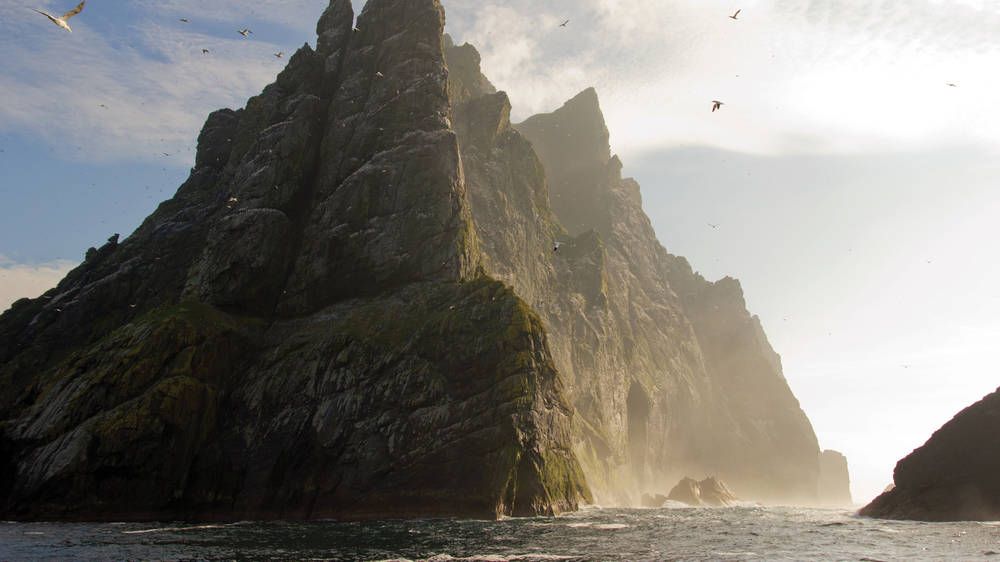Every Flower Counts!
Posted on
|
Every Flower Counts! That’s what bees think – so from 11th to 19th July, count the flowers on your lawn. You can get your own Personal Nectar Score to find out how many bees it can feed! Plantlife want to know what’s on your lawn. Is your lawn giving a bee feast or a bee snack? Every flower makes a difference because it provides essential nectar and pollen for bees, butterflies and other insects. The more wild flowers you’ve got in your lawn, the more nectar it will produce. If you took part in #NoMowMay or #LetItBloomJune or you haven’t mown at all this year, you’re more likely to have more flowers and tons more nectar! When everyone has submitted their results, Plantlife are going to calculate a National Nectar Index to show how all our lawns across Britain are helping to feed our vital pollinators. They will also reveal the Top Ten Lawn Flowers and show us all how to increase the number of flowers in our lawns! Why not set yourself a challenge: see how many wild flowers you’ve got in your lawn this year and see what you can do to increase it next year? We've stopped mowing sections of our lawn and it's amazing how many more insects we've got - we're loving our own nature show! |



